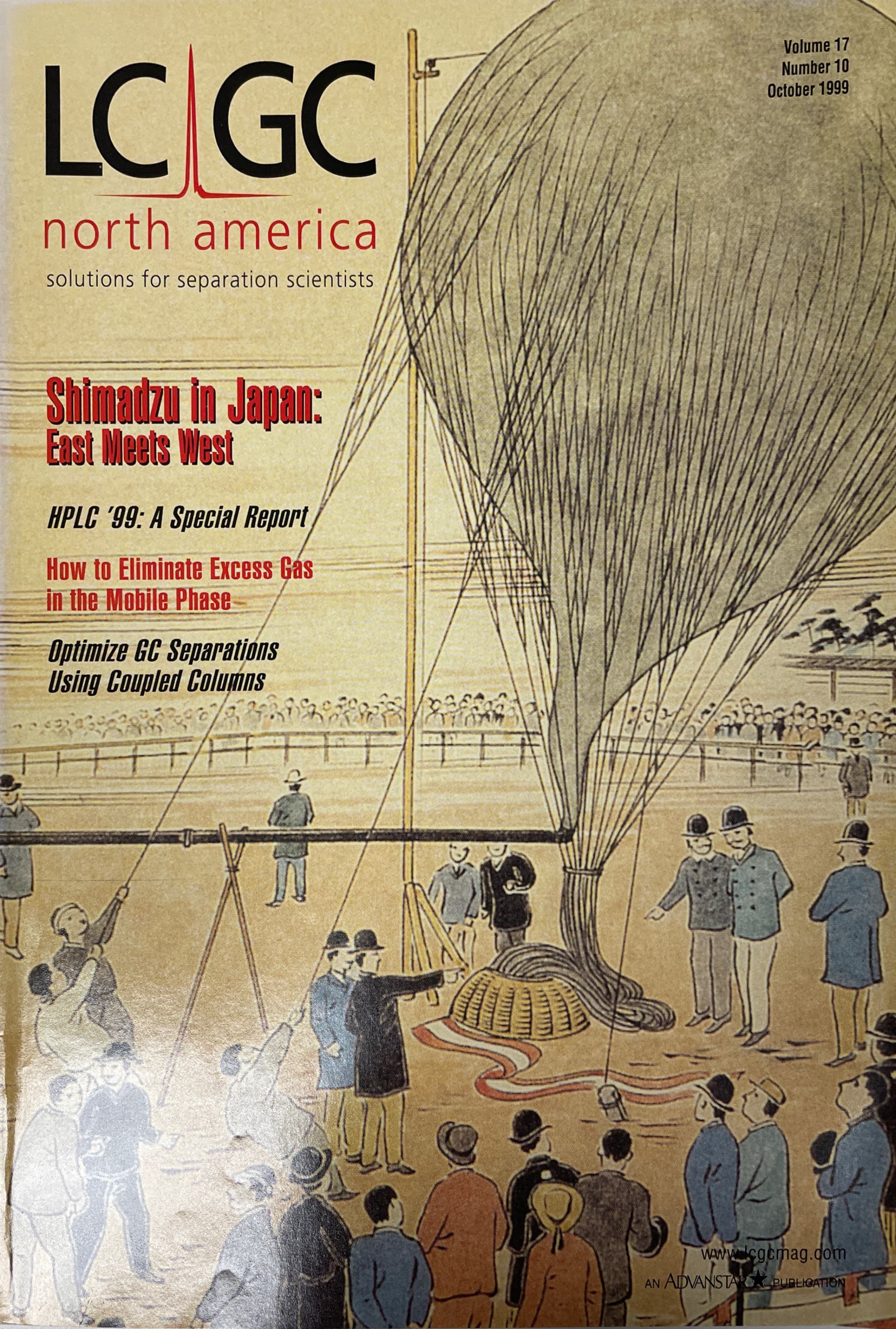Superheated Water: A New Look at Chromatographic Eluents for Reversed-Phase HPLC
The authors propose using water superheated to 100–240 ºC as an alternative liquid eluent for reversed-phase high performance liquid chromatography (HPLC) to overcome many of the problems of toxicity, flammability, and cost associated with organic modifiers. Superheated water has been demonstrated as an eluent with a number of stationary phase materials, including poly(styrene-divinylbenzene) and porous graphitic carbon both isothermally and in thermal gradient mode. It is compatible with conventional HPLC spectroscopic detectors and also can be used with flame ionization, nuclear magnetic resonance spectroscopy, and mass spectrometry detectors. The authors provide examples of separation applications, including aromatic compounds, pharmaceutical compounds, and vitamins.
LCGC 17(10), 938–945 (1999)
Common Challenges in Nitrosamine Analysis: An LCGC International Peer Exchange
April 15th 2025A recent roundtable discussion featuring Aloka Srinivasan of Raaha, Mayank Bhanti of the United States Pharmacopeia (USP), and Amber Burch of Purisys discussed the challenges surrounding nitrosamine analysis in pharmaceuticals.
Extracting Estrogenic Hormones Using Rotating Disk and Modified Clays
April 14th 2025University of Caldas and University of Chile researchers extracted estrogenic hormones from wastewater samples using rotating disk sorption extraction. After extraction, the concentrated analytes were measured using liquid chromatography coupled with photodiode array detection (HPLC-PDA).














